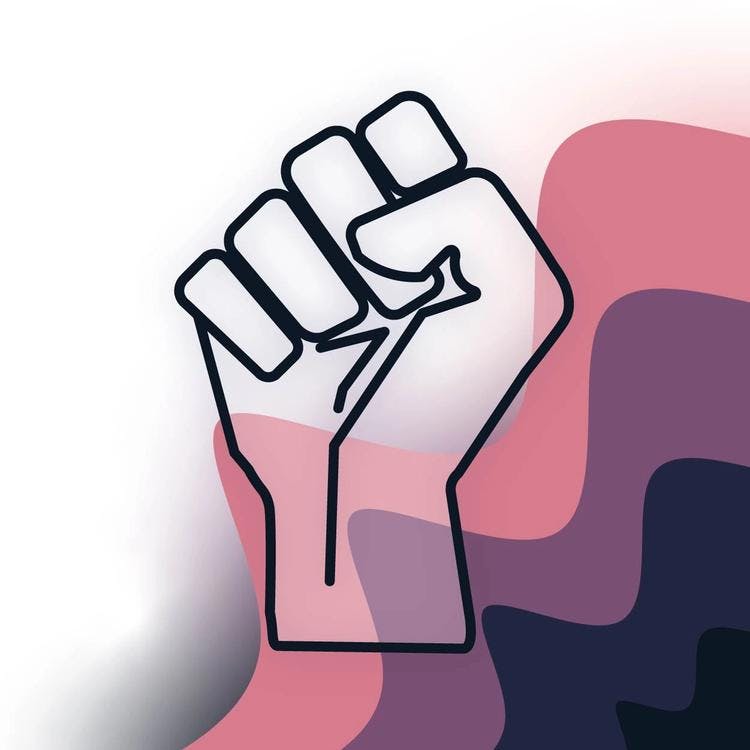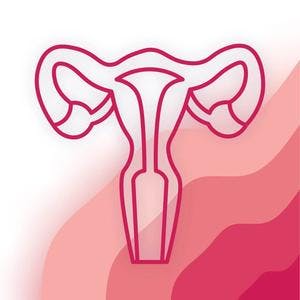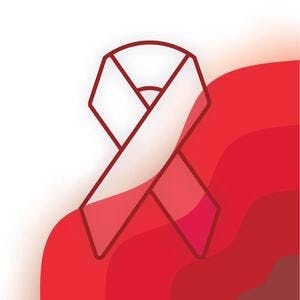Introduction
Rape is a violent act in which a person uses sexual acts to intentionally violate and hurt another person.
Our legal system defines rape as: “Any person who unlawfully and intentionally commits an act of sexual penetration with a complainant, without the consent of the complainant, is guilty of the offence of rape.”
What to do if someone has raped you?
The following steps are adapted from the Cape Town Rape Crisis centre:
- Go to a safe place
- Tell the first person you see and trust about what has happened
- Go straight to a hospital or to a doctor to get the medical attention
- You need to receive medical attention within 72 hours for any HIV exposure
- You can still receive medical treatment even if you decide not to lay a charge
- Ask for emergency contraception to stop you from getting pregnant
- If you do fall pregnant from the rape, you can choose to have a safe abortion
- Ask for a medical certificate if you need time to recover
- Report to the police
The sooner you get to a hospital or a police station the better. However, Rape is a violent crime which can have severe negative physical and psychological effects and much patience and support must be offered to the victim.
What will happen at the hospital
Go to your nearest health facility and say that you have been raped. The healthcare professional attending to you will ask permission to do an HIV test. If you are HIV negative, you will receive antiretroviral therapy (ART) called Post-Exposure Prophylaxis (PEP) to prevent you from acquiring the virus. This is a 28-day course, and it is important to take to completion despite unpleasant side effects that may develop. PEP therapy works best within 72 hours (3 days) of bodily fluid exposure.
PEP also consists of emergency contraception (morning-after pill) and antibiotics to prevent pregnancy and sexually transmitted infections (STI). If discomfort, discharge or itching develops after seeing the doctor, return to the healthcare facility for treatment of STIs.
You should also go for a repeat HIV test after three months of the first test for confirmation of the absence of the virus.
A clinical forensic practitioner will also conduct a forensic examination to gather physical evidence such as blood, semen and hairs left on your body if you decide to lay a charge later.
If you want to report what has happened to you whilst you are at the hospital, the police can be called to the hospital and the statement can be taken from there. If the police station is where you went first, they can also take you to the hospital.
Reporting a rape with the police
It is never too late to report a rape. At your nearest police station:
- You can ask to be seen in a private room
- A brief statement should be taken and translated into your language
- You will be then asked to give a full statement detailing the events. If you cannot give a full statement, the investigating officer will make an appointment with you the following day or within 36 hours
You have the right to request a female police officer and have the right to be treated with respect and dignity and should complain if this does not happen.
What happens if you fall pregnant from the rape?
You can choose to have an abortion from a healthcare facility up to:
- 12 weeks in local clinics
- 20 weeks in hospitals and private clinics
Your rights as a survivor
Cape Town Rape Crisis has a #KnowYourRights campaign which aims to raise awareness of the rights and health services rape survivors are entitled to access. It emphasizes:
- The right to free medical care, counselling and legal assistance
- Thuthuzela Care Centres which are specialised facilities that offer the above to rape survivors. Thuthuzela Care Centres are based at 54 hospital across South Africa
- Right to HIV preventative medicines (PEP) within 72 hours of rape
- Right to emergency contraceptive
- Counselling and mental health services
Resources
*See the additional resources page for more information
Read more information and find resources on rape and where to find support (including finding the nearest office to you) from the Rape Crisis website: www.rapecrisis.org.za
Rape Crisis 24 hour helpline: 021 447 9762
If you can’t speak to anyone, contact support persons from the rape crisis on WhatsApp: 083 222 5164
To learn more about Thuthuzela Care Centres and the services they offer, visit the following website: https://www.gov.za/TCC#



